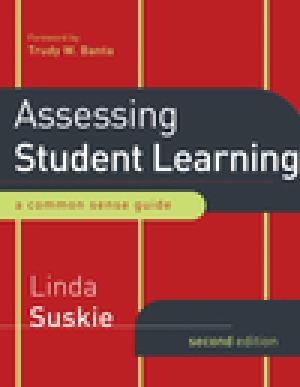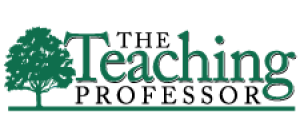Resources

The first edition of Assessing Student Learning has become the standard reference for college faculty and administrators who are charged with the task of assessing student learning within their institutions. The second edition of this landmark book offers the same practical guidance and is designed to meet ever-increasing demands for improvement and accountability. This edition includes expanded coverage of vital assessment topics such as promoting an assessment culture, characteristics of good assessment, audiences for assessment, organizing and coordinating assessment, assessing attitudes and values, setting benchmarks and standards, and using results to inform and improve teaching, learning, planning, and decision making. (From the Publisher)

Journal Issue.